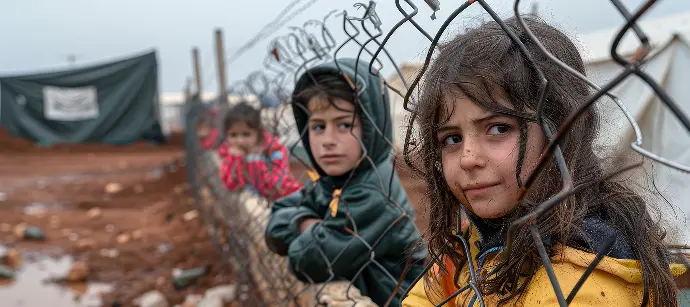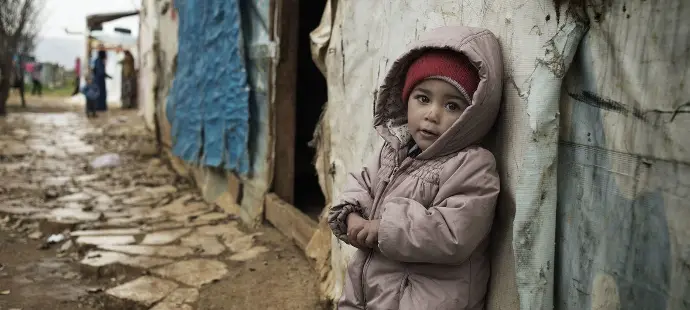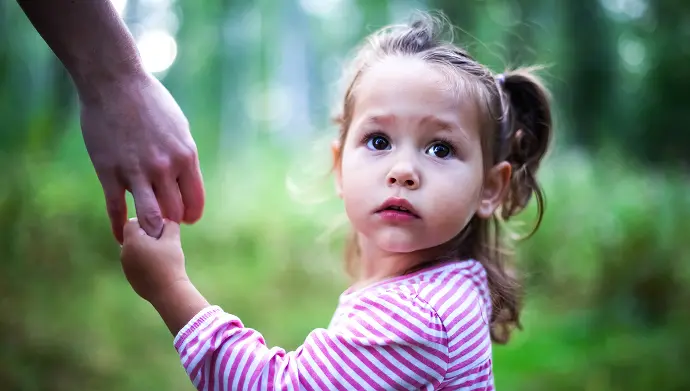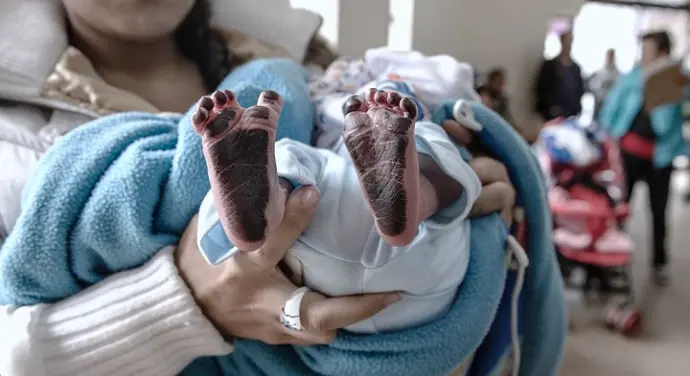
Isolation and uprooting
- Social isolation in which an individual has little or no interaction with others.
- Uprooting is the loss or corruption of social and family roots, personal identity suffering from estrangement or loss of vital, cultural and social meaning.
Social isolation
Social isolationoccurs when a person completely distances themselves from their surroundings involuntarily, even though the opposite may be thought. It is also trying or encouraging the person themselves to distance themselves or marginalize themselves, affirming bad things about them, criticizing their attitudes or appearance, and/or vilifying, disgracing, slandering, offending, or even vilifying themselves or others. your loved ones.
Uprooting
Uprootings the loss or corruption of social and family roots, personal identity suffering from estrangement or loss of vital, cultural and social meaning. Uprooting has an impact on the emotional life of people and social groups.
Causes of uprooting
Uprooting can occur when - usually against the will of the individual and/or the social group - the usual place of residence, the usual forms of coexistence, as well as the social and cultural relationships that build identity and the meaning of humanity are altered. The causes of uprooting can be diverse, although the most common are exile and migration due to wars, famines and other economic causes - poverty, social and economic inequality - or socio-political causes - persecution, genocide, extermination.
Elements of uprooting
Exile and emigration entail a process of separation and mourning; recognition of the loss of interpersonal relationships or human relationships with the environment, whether rural or urban:
- Identity
- Family
- Friends
- Culture
- Language
- Location
- Climate, etc.
Furthermore, they force the individual to make an effort to adapt to the new culture, usually to a new language in generally very unfavorable circumstances.
Consequences of uprooting
Uprooting can produce in the individual:
Loneliness and sadness and longing
Depression, anxiety and anguish
Frustration and loss of self-esteem
Fear, estrangement,
Violence, terrorism
Mental diseases
Addictions -alcoholism and drug addiction-
Unemployment, begging, poverty

Orphans
According to Unicef's definition, "orphan" is a child whose one or both parents have died. This organization states that there are about 170 million orphaned children in the world based on this definition.

Displaced children
Each year, millions of people flee their homes either willingly or by force because of armed conflict, violent situations, persecution, violations of human rights or natural disasters.

Missing children
Every year, around the world, many children disappear and are never found. Whether it is children running away from home, parental abduction or another situation, these acts are difficult to prevent and have serious consequences on the children who suffer them.

Stateless and invisible children
The first condition in which stateless children find themselves is that of invisibility. Around 237 million of children under the age of 5 worldwide currently do not have a birth certificate and are at risk of statelessness.

 IHRO NEWS
IHRO NEWS